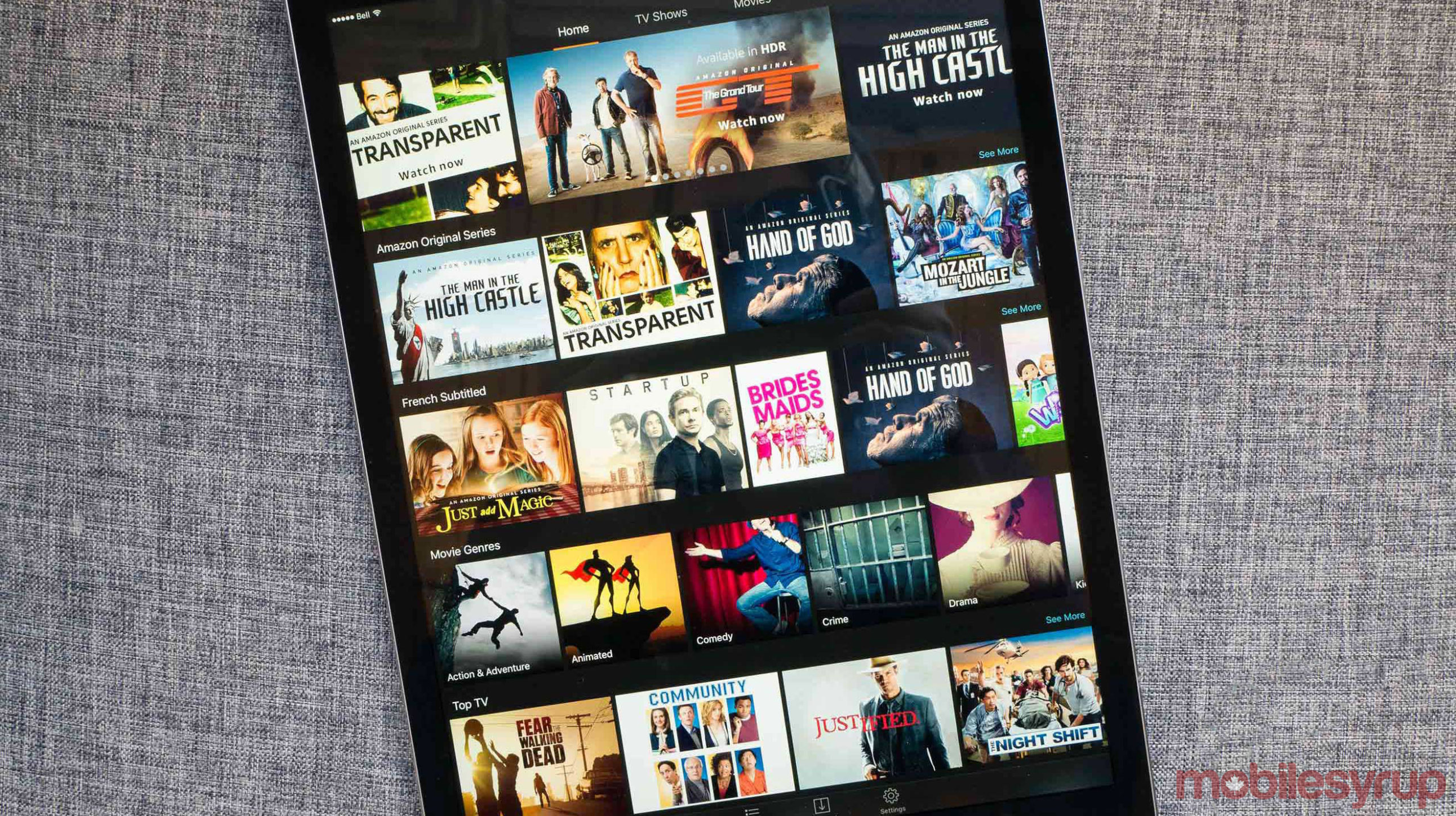
As more stories swirl about smaller independent developers being subjected to Apple’s 30 percent cut of sales from the App Store, it’s not a good look for the tech giant that it allows Amazon to circumvent this rule.
Amazon can get around part of this fee — often referred to as the ‘Apple Tax’ — through a program that allows ‘Premium’ providers to use their own payment systems, states The Verge. Besides Amazon, Apple confirmed that Altice One and Canal+, two lesser-known services, are also exempt from using Apple’s payment method and paying the 30 percent tax.
However, this workaround only seems to apply in the U.S. since you can’t buy content via Prime Video on an Apple device in Canada.
It’s worth noting any apps that use a subscription model only have to pay a 15 percent Apple Tax per user after the user has been subscribing to the service for over a year. So while the Apple tax is often referred to as 30 percent, some developers may only pay 15 percent.
To get around the 30 percent cut, the Cupertino-based tech giant says these services must integrate with Apple’s operating systems features like AirPlay 2, universal search, Siri support and single or zero sign-on, according to The Verge. Apple also clarifies that this program is for individual purchases, not subscriptions, so if you sign up for Prime Video in the app, Apple still gets a cut.
What’s odd is that Amazon never launched this feature for Apple devices in Canada. You can watch the content you’ve bought or rented on other devices, such as Android or the web, on an Apple device in Canada, but you can’t purchase it there. This suggests that this deal only applies to the Prime Video Store in the U.S.
MobileSyrup has reached out to Amazon Canada for more information and will update this story with a response.
Why is this important to Canadians?
This news is important to everyone because it proves that Apple’s grip on the App Store can loosen if the right platform is asking for a deal.
That said, we don’t know for sure how exactly Amazon was able to broker this with Apple, but it seems unlikely smaller independent developers will get the same opportunity.
On the other side of this coin, this shows Apple in a more positive light since it’s allowing a direct competitor to operate its movie and TV rental business on an equal footing inside of the Apple ecosystem.
This is key because the idea of an equal App Store is the crux of Spotify’s claim against Apple in its March 2019 complaint to the European Union. Since then, Spotify CEO Daniel Ek has come forward to say that he expects Apple to open up the App Store in the long term.
Another interesting takeaway is that for Amazon to become a ‘Premium’ content provider, it needed to do things that Apple was previously blocking Spotify from doing, according to allegations made by the music streaming service last year.
For instance, one of Spotify’s initial complaints was Apple blocking app updates and features like Siri support, which have become a priority for Apple. At least, that’s what this Amazon deal suggests.
Another recent story that relates to Apple’s power over the App Store is about a new email app called Hey. This app has a subscription component, and for some reason, Apple is pushing it forcefully to add an Apple-approved payment method to the app or it may not get future updates.
Wow. I'm literally stunned. Apple just doubled down on their rejection of HEY's ability to provide bug fixes and new features, unless we submit to their outrageous demand of 15-30% of our revenue. Even worse: We're told that unless we comply, they'll REMOVE THE APP.
— DHH (@dhh) June 16, 2020
This type of move lines up with stories from Spotify. However, the odd thing is that there’s not even a way to sign up for the service in the app.
Still, this just shows how small developers are still stuck under Apple’s thumb in some respects, while giants like Amazon get to compete on level terms.
That said, not all giants are getting what they want from Apple. Epic Games, the company behind Fortnite, and Match Group, the owner of Tinder and Hinge, have recently voiced support for the EU antitrust case that Spotify and other companies launched last year.
MobileSyrup may earn a commission from purchases made via our links, which helps fund the journalism we provide free on our website. These links do not influence our editorial content. Support us here.


